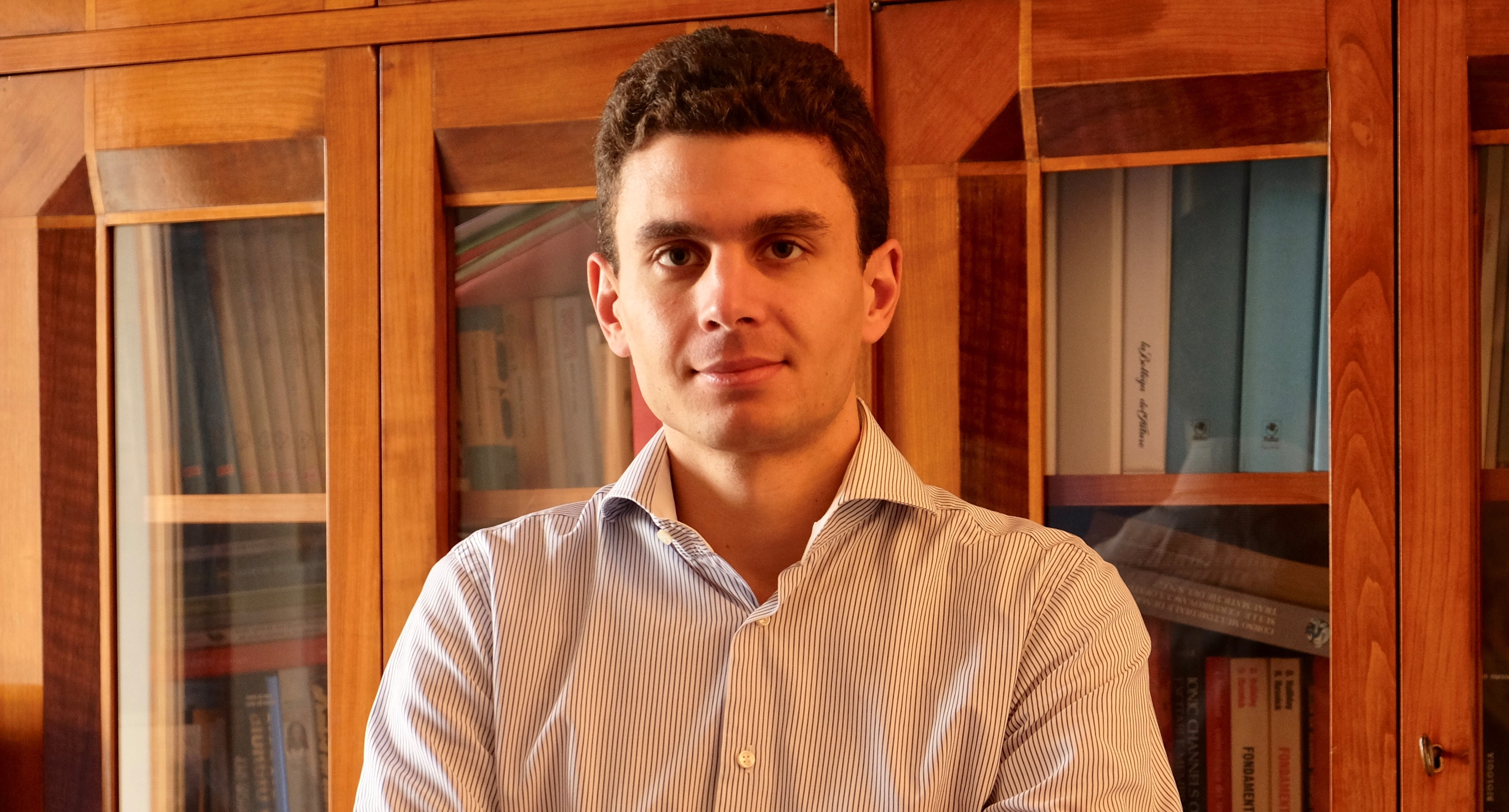Should we invest on people or ideas?
By Saverio Dave Favaron (HEC Paris)
What distinguishes entrepreneurs from non-entrepreneurs? Can we say that entrepreneurs think differently?
To answer these questions, the Entrepreneurship Institute at King’s College in London, in collaboration with the department of psychiatry, started a five-years research program backed with 1 million pounds1. The objective is to study the brain of entrepreneurs, hoping to finally determine to what extent entrepreneurs are different from physicians, teacher, or managers.
While we wait for the results of this study, the first in the field of entrepreneurial neuroscience, we can look at existing research that has been trying to answer similar questions. The motivation for these studies is easy to understand: identifying with precision the traits of an entrepreneur allows the creation of programs and tool that encourage entrepreneurship, with positive economic effects for our societies.
We already know something about the factors associated with a higher propensity to become entrepreneurs. For example, it has been showed that optimism, overconfidence, having parents or siblings who are entrepreneurs, they all are good predictors of one’s propensity to start entrepreneurial activities.
This is a good starting point, in the view of favoring entrepreneurship. Yet, when we consider that the majority of ventures fail within a few years2, we realize that the results of these studies are of limited importance if we do not know what traits of the entrepreneurs explain success.
Moreover, several studies suggest that it is extremely difficult to evaluate the quality of new ideas. Both juries of experts and sophisticated algorithms have failed at predicting the success of new ideas pitched by entrepreneurs3. The case of Jamie Siminoff, rejected by the jury of “Shark Tank” in 2013, who then made a billion dollars from the sale of his company to Amazon, is just one example of the difficulties in new ideas evaluation4.
Hence, we know something about the traits of people more likely to become entrepreneurs, and we know very little about what personal traits predict entrepreneurial success. Furthermore, the process of identification of new ideas who can lead to a sustainable competitive advantage is still complicated.
In light of all this, if our aim is to encourage successful entrepreneurship, it is natural to ask ourselves what approach policy-makers and investors should follow. Is it correct to insist on the search and financial backing of startups and early-stage ideas, or is it more suitable to move the focus upstream, on training potential entrepreneurs? In other words, is it more rational to invest on ideas or individuals?
In this respect, the case of the London based Entrepreneur First (EF) offers an opportunity for further reflection. EF is a company builder that invests in individuals “pre-team, pre-idea” to enable them to create a founding team and then launch new ideas and companies. Between 2011 and 2015, EF (now present in London, Berlin, Paris, Singapore and Bangalore), has launched 75 companies with an overall valuation that exceeds 450 million dollars5. The EF case suggests that investing on high-potential individuals, with an interest in entrepreneurship, may be a winning approach, especially in areas where the surrounding ecosystem of angel investors and venture capitalists is well developed (it is not coincidence that EF opens new branches in cities known to be growing or established entrepreneurial hubs).
In conclusion, it will probably take years to know with certainty if people are born or become successful entrepreneurs. Scholars and practitioners will keep looking for answers. In the meantime, investing on people by giving them knowledge, tools and favorable conditions for developing new ideas, seems to be a path worth exploring.
Sources:
1 King’s College aims to uncover what makes a good business brain [https://goo.gl/yYUHTs]
2 Why Some Startups Succeed (and Why Most Fail) [https://www.entrepreneur.com/article/288769]
3 McKenzie, D., & Sansone, D. (2017). Man vs. machine in predicting successful entrepreneurs: evidence from a business plan competition in Nigeria. The World Bank.
4 What You Can Learn from ‘Shark Tank’ Contestants’ Successes (and Failures) [https://www.entrepreneur.com/article/321592]
5 Entrepreneur First, the company builder backed by Greylock, lands in Bangalore [https://goo.gl/oagZhj]



